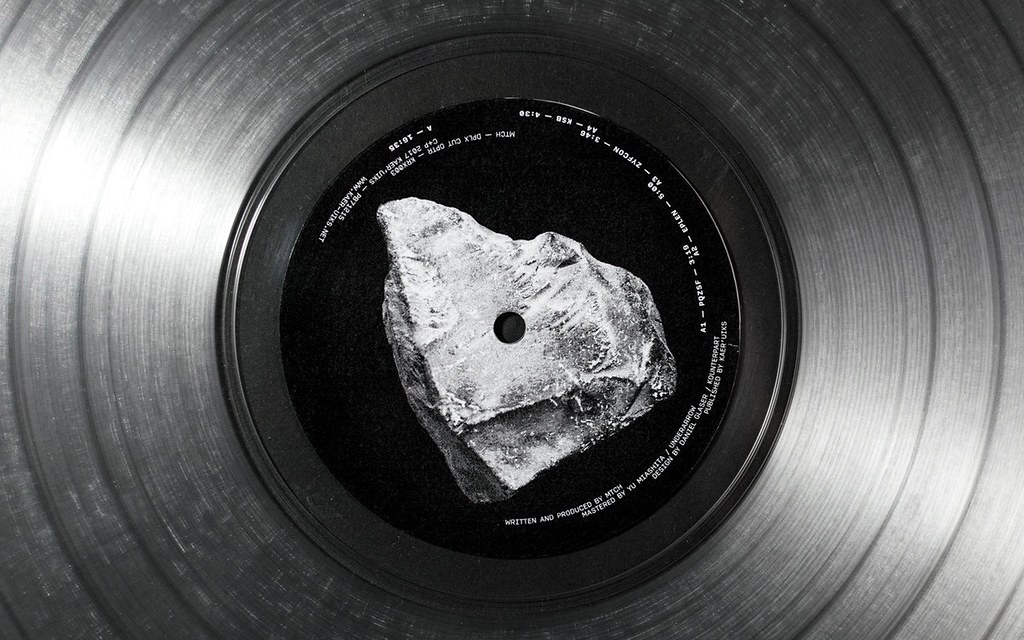Dplx Cut Optr // mtch

We have algorithms co-ordinating our dating lives, the stock market and online retailing. James Ball, the Guardian’s data editor and member of the paper’s NSA Files reporting team described the algorithm as, “The god from the machine powering them all, for good or ill.” Indeed, one of the more disturbing dimensions of algorithmic implementation is in “Minority Report” policing. Here, statistical analyses of big data target crime “hot spots”. The aim of such an approach is to predict crimes before they are committed. In 2005, the Memphis police department used this in operation Blue CRUSH (short for Crime Reduction Using Statistical History), in which the department arrested 70 people in under two hours.
It was only a matter of time before algorithms started making music. Any time we use a computer, algorithms are being used. So in some sense, all computer music is algorithmic. All the way back to Kraftwerk and beyond. But lately, electronic music has taken a step forward; receding the shores of human input even further from the process. In recent memory, Mark Fell, TCF, Shotahirama and Second Woman have all been writing algorithms to play with our expectations. They present the almost impossible task of discerning the organic from the mechanical; the ghost from the machine. And the likes Autechre, AGF and Detroit Underground have been pushing this idea for years. The results are always challenging, dark and impressive. If police use algorithms to predict crimes of the future, musicians use them to create the future of sound.
The latest release to explore these ideas comes from US-based producer, mtch. This latest LP from German imprint Kaer’Uiks is a true onslaught of sound. From its very first bar, Dplx Cut Optr projects a torrent of data. With what sounds like an infinite range of permutations and combinations swirling around one another in the mix. The production, too, gives the album a mighty drive. Every tidbit glitch or burst of reverb comes loud and clear. This may owe itself to the mastering of Yu Miyashita, better known as Yaporigami and one half of Signal Arrow. The album closes with one final K.O: ‘Tdif’ is the most listenable, melodic and groovy track of the record. But listening, singing or dancing to this is advised with caution.
- Published
- Jan 24, 2017
- Credits
- Words by Georgie_McVicar
